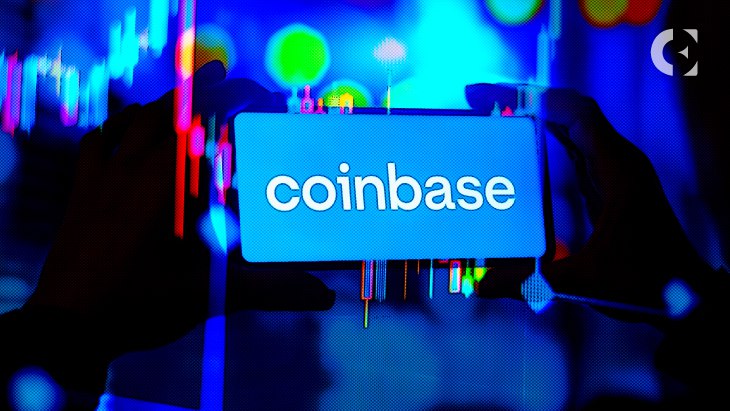- John Deaton opts not to file an amicus brief Coinbase’s motion.
- Deaton said the case is squarely about law interpretation, which he cannot influence.
- Bill Morgan suggests Cardano and Algorand, who should contribute, are silent.
In a recent tweet, prominent pro-XRP lawyer John Deaton addressed his decision not to file an amicus brief supporting Coinbase’s motion. Deaton clarified his stance, stressing that the Coinbase motion centers around a narrow aspect of the law, primarily concerned with establishing the lack of SEC jurisdiction over digital assets.
Deaton, who has been actively involved in the XRP community, explained the concept of an “Amicus Curiae,” which translates to “Friend of the Court” in Latin. He noted that his previous role as amicus counsel in the Ripple case was due to XRP holders presenting unique perspectives that would aid the court in reaching an informed decision.
However, Deaton outlined his rationale for not pursuing a similar course of action in the Coinbase case. He explained that the Coinbase motion primarily revolves around legal interpretation and the judge’s understanding of the law.
Given this focus, Deaton believed that his perspective, as a representative of customers and token holders, may contribute little to the court’s understanding as the core issue pertains to the law itself.
Deaton expressed his concern that filing a request to be heard at this stage could be misconstrued as an attempt to draw attention rather than providing valuable insights. He acknowledged the formidable legal team representing Coinbase and recognized the potential redundancy of his brief, which would essentially agree with Coinbase’s argument.
Deaton opted not to jeopardize the potential impact that token holders and customers could have later in the case by intervening prematurely. Pro-XRP lawyer Bill Morgan echoed Deaton’s sentiments.
Morgan noted that entities like Cardano and Algorand, identified by the SEC in the complaint as issuers of tokens, are even silent in contributing to the legal matter.
Disclaimer: The information presented in this article is for informational and educational purposes only. The article does not constitute financial advice or advice of any kind. Coin Edition is not responsible for any losses incurred as a result of the utilization of content, products, or services mentioned. Readers are advised to exercise caution before taking any action related to the company.







